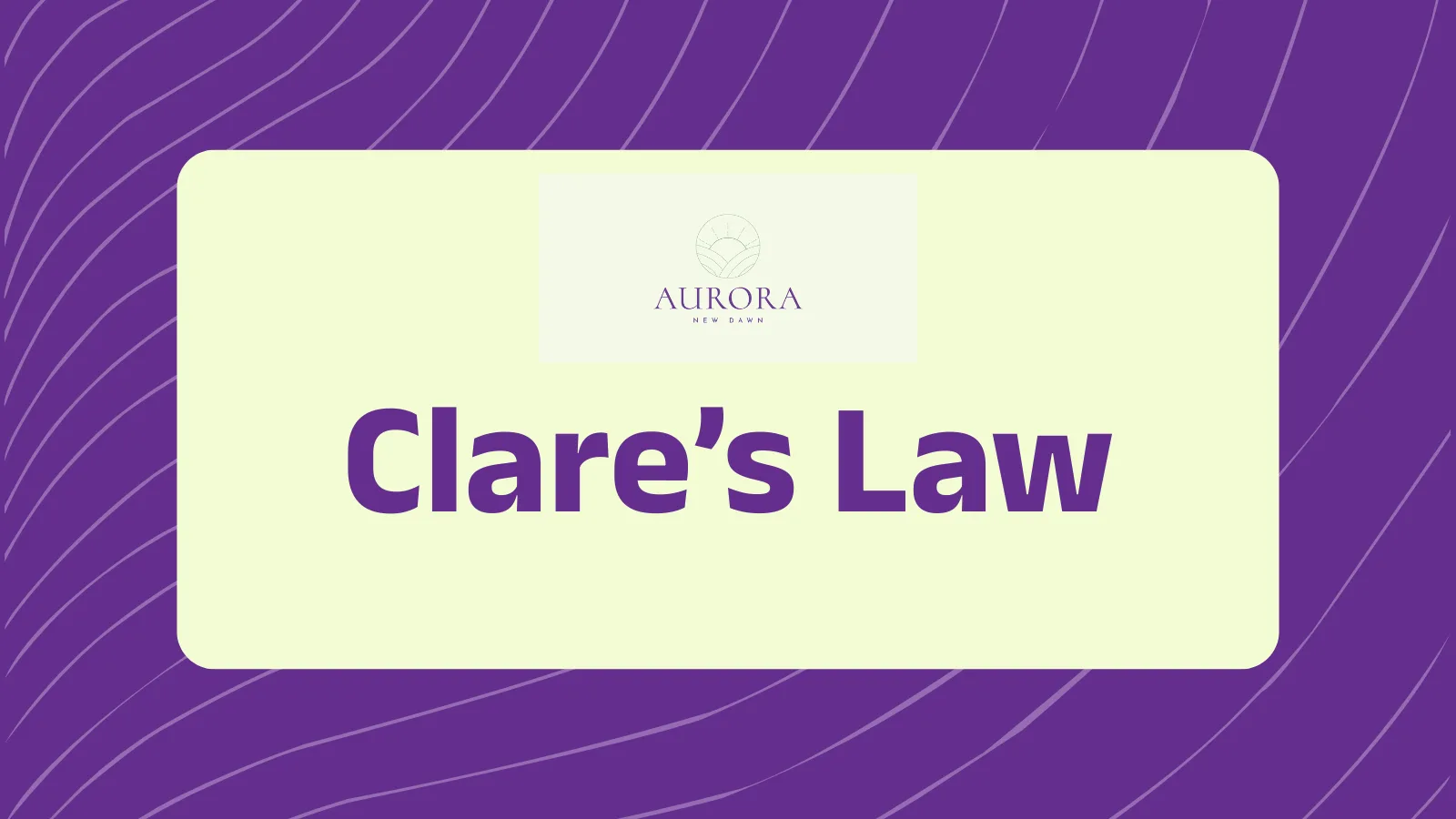
It has been 11 years since Clare Wood’s father, Michael Brown, won a campaign to ensure that victims were informed of any previous history of violent or abusive behaviour.
The scheme works on the premise of Right to Ask – where a victim can request information from the police on the history of their current or former partner, and Right to Know – where police can pro-actively inform people of their partner’s previous violent and abusive behaviour in order that the potential victim.
Some academics criticise the scheme[1] for placing too much emphasis on victims to make decisions to leave perpetrators after information has been disclosed about a perpetrator’s past. But victims do report positive experiences with the scheme[2]. As ever with most options it is the practicalities of applying the process which helps or hinders its effectiveness.
We asked our advocates their experience of using DVDS with victims and there were mixed reviews:
My experience of police using it is mixed, some really good and proactive but some seem to forget they can use their own authority to disclose under right to know. I’ve had to advocate for disclosures by police to other new partners that I may not be supporting – that has often been met with resistance, but I usually manage to argue its importance.
It is only convictions that are disclosed, not reports, and we all know not everything is charged for or even reported so there is a huge gap there.
I think it is very effective when it is used. I have clients who left their abusive partner after a ‘right to ask’ disclosure. I do not think that front line officers use the ‘right to know’ proactively enough and that is down to a lack of knowledge, it is still an afterthought in student training even after all these years
I think it is a great idea but like everything is not always 100%. The process for applying is consistent but is the delivery to victims consistent across the country?
A few of my clients have checked their ex-partners details would be shared under Clare’s Law. They’ve told me that it gives them reassurance that their abuser can’t hide anymore, in a sense they felt that they were protecting other women from abuse.
Police have the best platform to advise victims of Clare’s Law when attending incidents, but they rarely mention it, it should be explained as part of safeguarding.
We agree the efficacy of DVDS could be researched in more detail, but any research into the effectiveness of the scheme can only be robust if we know every police force is able to consistently offer the assurance that victims are informed and subsequently supported in a timely fashion.
The reality is resources are stretched, and training is inconsistent for new police officers across the country – whilst heave heard the benefits of the DVDS process for victim/survivors the expectation should always be that no matter what part of the country a victim is in they should receive the same response to DVDS.
[1] https://www.liverpool.ac.uk/media/livacuk/sociology-social-policy-and-criminology/2-research/Domestic,Violence,Disclosure,Schemes,-,Clares,Law,10,Years,On.pdf
[2] https://www.cambs.police.uk/news/cambridgeshire/news/2024/march/clares-law-made-me-realise-that-i-wasnt-going-mad/#:~:text=JavaScript%20is%20not%20enabled,saw%20each%20other%20every%20weekend.%E2%80%9D






